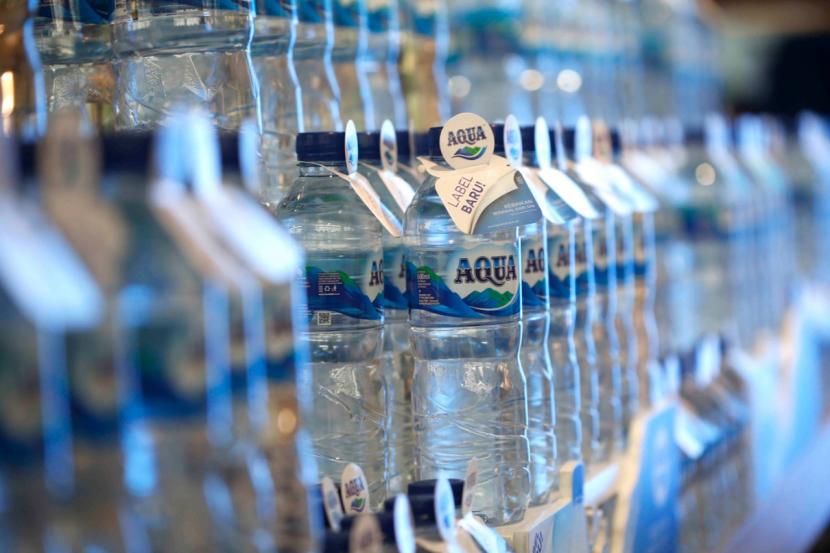A surprise inspection by West Java Governor Dedi Mulyadi (KDM) at Danone-Aqua’s Subang factory has stirred public debate over groundwater extraction, environmental impact, and corporate transparency. The visit followed public complaints alleging excessive use of deep groundwater by the bottled water producer.
During the visit, documented on his Kang Dedi Mulyadi YouTube channel, the governor questioned company staff about the water source used in production. “Do you take the water from the river?” he asked.
The staff replied that Aqua draws water “from underground.” The governor expressed concern that the operation might rely on deep well pumps, potentially affecting soil stability and water availability in nearby communities.
Quoting Pikiran Rakyat, KDM said the government supports investment but demands accountability.
“The government does not reject industry, but every company must respect environmental permits, water regulations, and social responsibility toward local residents,” he stressed.
He also instructed Aqua to report monthly data on water extraction and production volumes to improve oversight.
Residents around the Subang facility told the governor that well water levels have dropped and some villages experience dry seasons earlier than before. The provincial government, in response, plans to audit environmental and water-use permits in industrial zones across Subang, Purwakarta, and Sukabumi.
“Environmental audits will ensure groundwater resources are not exploited solely for business gain,” KDM said.
Aqua’s Clarification: Groundwater Use Meets Scientific and Legal Standards
In a statement quoted by Detik, Danone-Aqua clarified that its operations comply with all legal and environmental standards. The company denied using ordinary bore wells, stating that its water comes from deep aquifers within mountain hydrogeological systems, naturally protected and scientifically assessed by experts from UGM and Unpad.
“This water is naturally filtered and, in some sources, self-flowing,” Aqua said in its official statement.
The company assured that its groundwater extraction does not interfere with community water sources as it comes from separate geological layers. Aqua added that the process is licensed by the government and monitored regularly by the Geological Agency of the Energy and Mineral Resources Ministry (ESDM) and local authorities.
Aqua also addressed tax-related concerns, confirming that all taxes and retribution fees for water use are paid transparently through the Finance Ministry’s Directorate General of Taxation.
“We consistently fulfill our tax obligations and comply with all regulations,” the company stated.
Environmental Oversight and Social Accountability
Aqua emphasized that its Ground Water Resources Policy prioritizes sustainability, scientific monitoring, and environmental preservation.
“Based on joint studies with UGM, groundwater extraction is controlled and does not cause soil movement or landslides,” the company explained, adding that deforestation and land-use changes, not water extraction, pose greater environmental risks.
Meanwhile, KDM continued field inspections, uncovering discrepancies between the company’s claims and residents’ testimonies. Locals said they had not received promised clean water access despite Aqua’s CSR claims.
“We’ve never received drinking water from the company,” one neighborhood head told him.
Adding to the concern, the governor found that factory trucks were overloaded, damaging provincial roads and underpaying drivers. He announced a plan to install weighbridge scales near the factory and threatened to revoke Aqua’s extraction permit if the company failed to reduce road damage and improve social contributions.
The West Java Revenue Agency (Bapenda Jabarprov) said it would verify Aqua’s reported water-use payments and coordinate with ESDM to ensure all water-related taxes are accounted for. The agency emphasized that “accurate reporting is key to balancing regional revenue and environmental sustainability.”
Governor Dedi concluded his inspection by underscoring that companies must balance profit with social and environmental responsibility.
“You may run your business and pay taxes,” he said, “but the people must have access to clean and sufficient water.”
Source: Detik, Pikiran Rakyat, Bisnis, Bapenda.Jabarprov
Photo Credit: special via Republika


